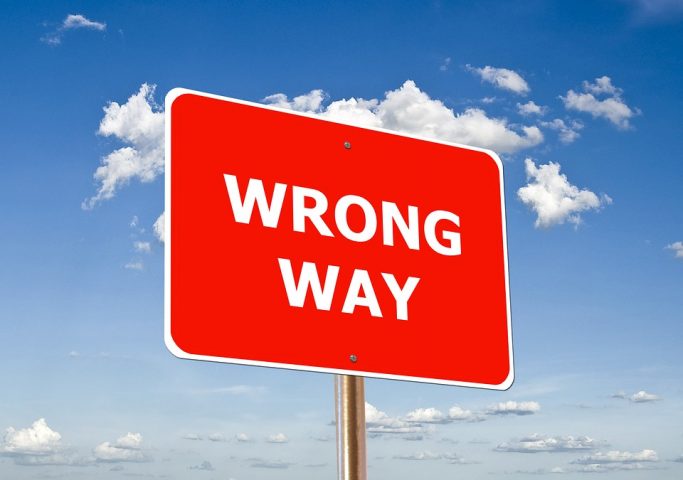What the Solemnity of the Assumption Teaches Us About Our Vocation
August 16, 2018R. R. Reno: A Failing Episcopal Establishment
August 16, 2018
By Msgr. Charles Pope • August 15, 2018
In times like these, filled with errors and a resurgence of heresies (old or recast as new), there is a cry that goes up among the faithful: “How long, O Lord?” We may wonder why the Lord permits such errors to flourish. St. Augustine pondered the question as well:
But that is precisely why divine providence permits so many heretics to come along with various errors; it’s so that when they taunt us and shower us with questions we do not know the answers to, we may at least in this way be shaken out of our mental sloth and start longing to become acquainted with the divine scriptures … many people are lazy to want to be taught, unless they are sort of awakened from their slumbers by heretics making a nuisance of themselves with their taunts, so that then they start feeling ashamed of their ignorance and begin to realize that they are being put in a dangerous position by this ignorance of theirs.
That is why the apostle too says: “There have to be many heresies, so that those who prove reliable may stand out among you” (1 Cor 11:19). Those who can teach well are the ones who prove reliable in God’s eyes. But they can only stand out among people when they teach… (Augustine, On Genesis, Book 1.2).
Yes, our detractors and dissenters provide us a gift, albeit in a strange package. Their scoffs and pronouncements that the Church is out of date and will eventually change to “catch up” to their newly minted “truths,” compels the orthodox to ponder again the ancient truths given by God and to do so more deeply.
In our own times, so beset with public dissent even from some in the clergy, there has also been a blossoming of Catholic teaching as never before. There is a magnificent array of books, videos, websites, podcasts, solid Catholic journalism, radio and television programming, and even new Catholic universities. Our teaching has become sharper and more apologetic, focused not simply on the “what” of faith but also the “why.”
As I look at younger adults, I think it is a small miracle that they even come to Mass. Where would they have gotten such an idea? Certainly not from our current culture! Although only a small percentage of them attend, the ones that do are far more intentional, devout, and knowledgeable in some ways than the generations that preceded them.
I grew up at the end of an era, in the 60s and 70s, when Mass attendance rode the wave of a cultural energy. Back then it was widely held that “decent people” went to Church. Politicians, community leaders, and business owners were all expected to manifest belief and membership, to include regular attendance at sacred services. It was part of one’s bona fides. We went to Church in much larger numbers in those halcyon days, but in many cases we did so mostly because we were expected to do so. It was not that we were particularly devout or spiritual or that we were theological giants. Rather, it was a certain box that needed to be checked off. Surely not all were attending Mass perfunctorily, but a lot of people were swept in by the current of culture. When the culture turned (not just against attendance but against belief altogether), the numbers began to ebb. The whole thing was thousands of miles wide but only two inches deep. It broke up quickly under the scorching sun in the desert of our discontent, starting in the late 1960s.
Those of us who still attend Mass today are more intentional. Few seem to expect us to attend. Indeed, our attendance often provokes scorn, eliciting questions such as, “You don’t really believe all that Catholic stuff, do you?” It is this very scorn, however, that can help to quicken our resolve and to be clearer about what we believe and why it makes sense. If you ask me, there is something deeper and richer about the faith of many Church-goers today. In many cases they have had to swim against the current to believe and to come to Mass each Sunday.
St. Augustine’s observation remains largely true. When you encounter heresy and error don’t just get mad. Instead, get smarter and more devout!




